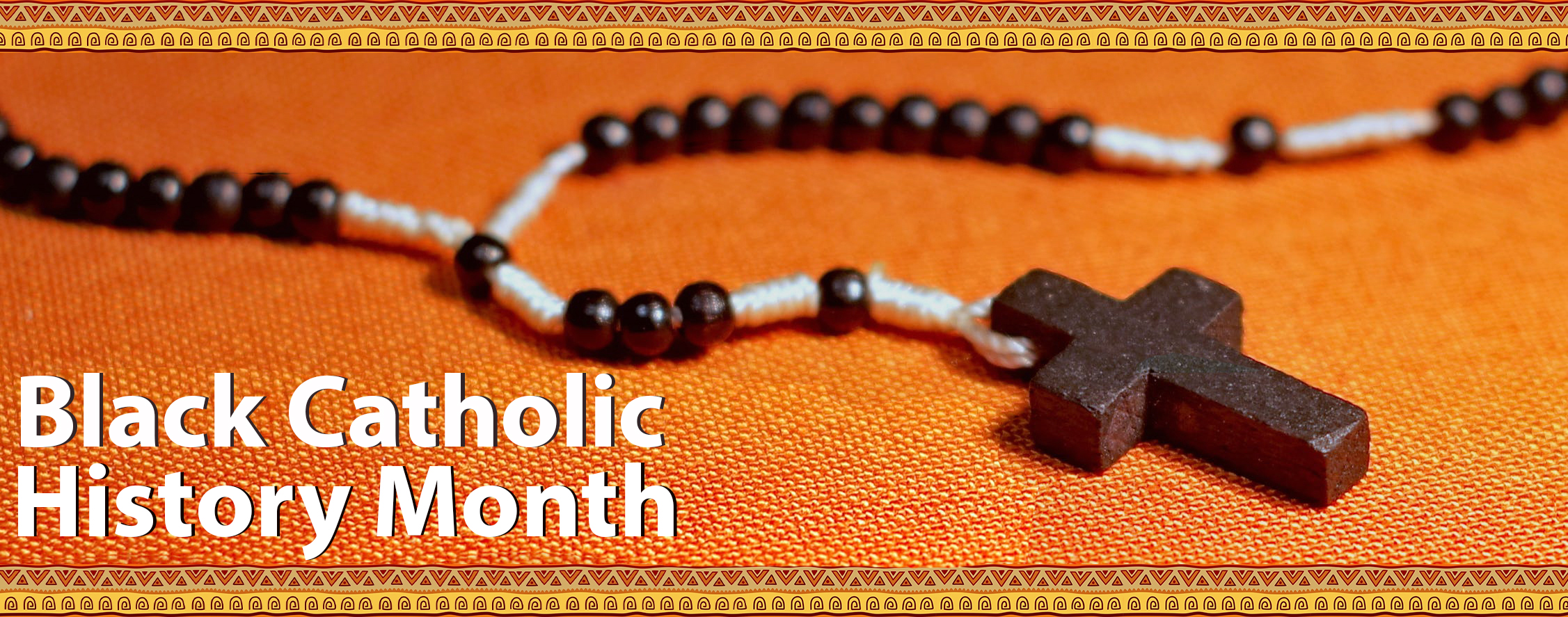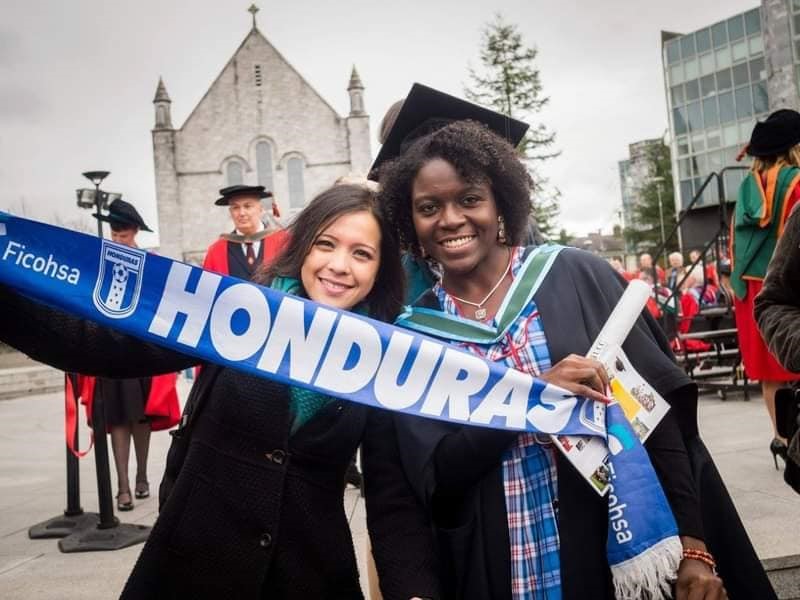By Wilmer J. García, Mercy Associate, La Ceiba, Atlántida, Honduras

Last April, the Black community of Honduras celebrated 223 years of Garífuna presence on Honduran soil. The Garífuna are one of the ethnic groups that enrich and embellish us culturally. Without a doubt, they bring us pride. The world knows Honduras for its Garífuna music and culture. When a Honduran goes to another country, regardless of skin color or ethnicity, Garífuna music (Punta) makes us proud and identifies us as Hondurans.
Undoubtedly, what I have just written makes it seem like everything is going well with our Garífuna brethren in Honduras, right?
Unfortunately, they have suffered and continue to suffer in their Honduran Caribbean ancestral lands of more than 200 years. Where I live in Honduras, there are two Garífuna communities: Sambo Creek and Corozal. These two places receive many tourists, as they offer restaurants and a beach. During one of my visits to Corozal, I saw out the car window a harsh reality. I saw very beautiful houses and very poor houses. What happens in these communities is that many Garífuna people leave their communities and set off illegally for the American dream. These houses that look so lovely are owned by Garífunas who were lucky enough to cross the U.S. border and find work. Garífuna people leave our country because many sectors of the current and prior governments lack interest in supporting Garífuna communities. They only pay attention to them every four years, when elections are coming and they need votes. Our Garífuna brethren, even though they have suffered a lot in their own land, are an example for us all, as they are hard workers and they struggle to get ahead.
There is a phrase that says: “Racism springs from ignorance.”
How correct that statement is. It is because of ignorance that we discriminate against a person. Even if not to their face or verbally, it is always hurtful.
Sometimes, we think that racism is insulting or denigrating a person, and we make the mistake of telling jokes among friends that deep down offend that person. Out of ignorance, we allow racism and we continue to commit it daily. I remember in 2017, when I was in high school, at Instituto María Regina, I participated in the production of a video about racism, a video that our school was going to present at a conference of the Mercy Education System of the Americas (MESA). I remember that many of the students interviewed in that video said that sometimes, among friends, there were racist expressions that seemed friendly, but deep down they were hurtful. Racism must end and we must prevent it, starting with our circle of friends. Making comments in jokes is racism. It doesn’t matter if it is a joke or not. I invite all young and not-so-young people to start cutting away at the root of racism, which is ignorance.
To conclude this reflection, I would like to share with you one of the recent achievements of Instituto María Regina, a high school founded by the Sisters of Mercy in 1960.

Johana Elizabeth Thomas (right), just 28 years old, was born in the city of La Ceiba.
She studied at our institute, where she discovered her strong aptitude for mathematics. After graduating from high school, her parents sent her to study at a university that used to be called Ave María, in Nicaragua, to take an intensive English course. The program lasted eight months and when she finished, she returned to Honduras. That was in 2009, just when a political crisis broke out in Honduras, so she could not enter university there until the following year. She enrolled at the Francisco Morazán National Pedagogical University and graduated in 2013 with a bachelor’s degree in mathematical sciences.
Johana decided to get a master’s degree even before graduating from the university and she applied for scholarships, as there were many available. But she was rejected seven times in various countries. She was undeterred and was finally accepted at University College Cork in Ireland, where she received a master’s in applied mathematics and scientific programming. She was the first Latina to graduate from that program, which was a source of pride for our country and for the Garífuna community, making her a terrific ambassador.
After waiting 15 months, she has now been accepted to Washington State University College of Education as an intern for a doctoral program in educational science and mathematics thanks to the Fulbright scholarship program, one of the most prestigious programs in the world.
There are many Hondurans and members of the Garífuna community who today stand out abroad, positioning themselves for excellence and lifting up the name of Honduras. Education is the key. We need to get educated, and age is no excuse.